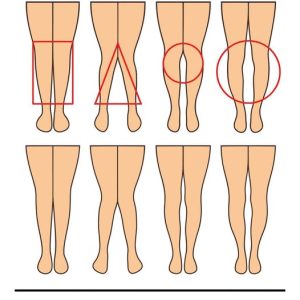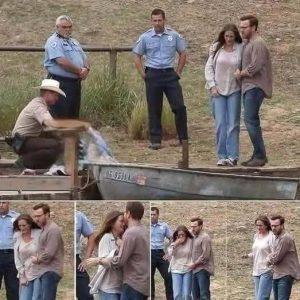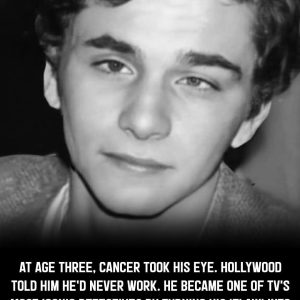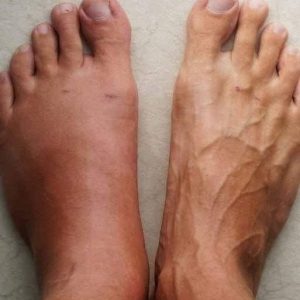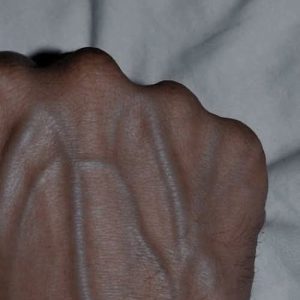By Thursday night, Erin was exhausted after long parent-teacher conferences, running on little more than determination and caffeine. The thought of returning home to an empty fridge felt like an insult, so she stopped at Willow & Co. Café, seeking warmth and comfort in its amber lighting and soft jazz. The café, a small oasis from the chaos of adulthood, promised a moment of reprieve. Erin’s brief solace, however, was shattered when a suited man berated an elderly cleaning woman, kicking her bucket and spilling water in a cruel display of entitlement. The scene froze the café in stunned silence, highlighting the quiet powerlessness many people feel in the face of aggression.
Erin, a seasoned teacher who could spot a bully instinctively, stepped in without hesitation. She confronted the man, calling out his behavior and defending the woman, despite his arrogant protestations that she had no right to intervene. The tension in the café was palpable, but Erin’s courage disrupted the cycle of intimidation. The man left in frustration, and Erin joined the cleaning woman to help mop up the water, offering words of reassurance. The encounter revealed Erin’s belief that silence in the face of injustice does nothing; speaking up is uncomfortable but necessary, even at personal risk.
The elderly woman, named Ruth, quietly warned Erin that standing up to people like that could lead to trouble, but she also offered a small, approving smile. Erin gave her a pastry box as a gesture of kindness, cementing the connection between them. Ruth, whose gentle demeanor carried decades of wisdom and patience, recognized in Erin the same courage she once nurtured in her students. The brief exchange highlighted the enduring impact of simple acts of compassion and courage, showing how empathy can ripple outward, even when met with hostility.
The next morning, Erin was called to the principal’s office, bracing for reprimand or accusation. Instead, Principal Bennett revealed that the café incident had a deeper significance: the cleaning woman Erin defended was none other than his mother, Ruth. Erin’s memory sparked immediately; she recalled Ruth from her first-grade years, a teacher who had instilled lessons of kindness and attention to others. The encounter, which began as a random act of bravery in a café, revealed itself as part of a larger circle of influence and connection, linking past and present through shared values of empathy and courage.
Ruth’s return to teaching, facilitated by Erin’s intervention, brought a profound sense of continuity and fulfillment. She assumed a position in Erin’s school, resuming her vocation with the same gentle guidance she had shown decades prior. The story illustrates the cyclical nature of kindness: the lessons Ruth imparted in Erin’s youth, once received and internalized, enabled Erin to act bravely as an adult. This chain of positive actions demonstrates how moral courage and compassion propagate across generations, shaping communities and reinforcing the importance of standing up for others.
Ultimately, the story emphasizes the enduring power of small, courageous acts. Erin’s decision to intervene was not just about defending a stranger; it became a bridge to the woman who had taught her early lessons of kindness and bravery. Life, the narrative suggests, often returns these acts of courage in unexpected ways, rewarding moral fortitude and empathy. Through the seemingly simple gestures of defending someone, offering help, and remembering past teachings, the story portrays kindness as a relay—an interconnected cycle of action and recognition, demonstrating that standing up for others, even when inconvenient, can ripple outward and return with unexpected grace.
